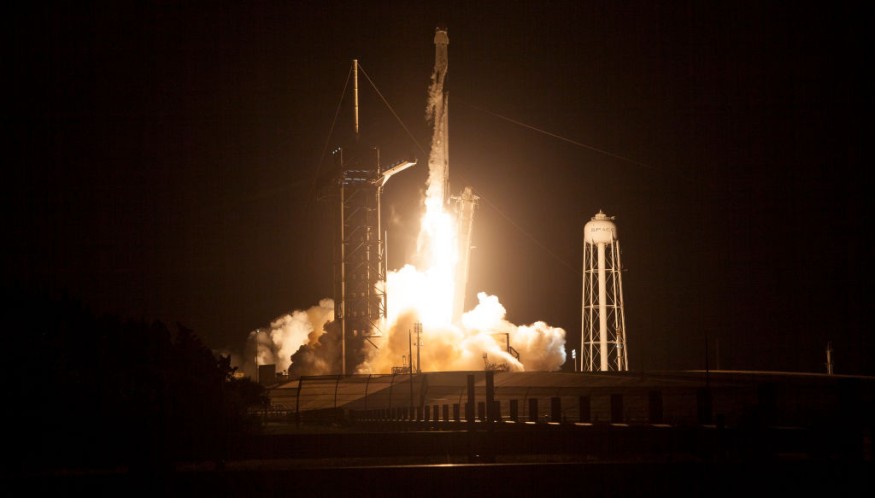
Space law sounds like something straight out of science-fiction. But ever since news broke on the mishaps involving a couple of Chinese rockets, many people have expressed concern regarding any law that could protect them in the event that their property is struck by space debris.
Is space debris a new threat?
For the record, there are at least two big reasons why the thought of space debris is not necessarily a sign to panic. It is for the same reason that meteorites are actually not very likely to wipe out all life on Earth at the present time.
The first one is the atmosphere. Most of the documented meteorites that have been retrieved by scientists were actually a lot bigger prior to their entry. In fact, a space rock would at least have to be more than 25 meters in size for even a small fragment to survive the descent. The pull of the planet's gravity combined with all the friction of plummeting through high amounts of atmospheric gases generates this heat.
The second one is the ocean. Or more specifically, the fact that only about more than 70% of the Earth's surface is still water. Even if something does get through the atmosphere, there is a higher probability of it landing in the sea than in someone's backyard.
Put it all together and the chances of being hit by space debris is about a trillion to one.
But even with that said, many experts are certainly entertaining the possibility that this could become a problem in the future. Countries like China are making bold leaps in their own space programs, while visionary companies such as SpaceX are developing cheaper transportations for the present space stations.
These and other growing developments could see a rise in space debris hovering around Earth's orbit. That, in turn, could theoretically increase the risks of that debris being drawn back down to earth (especially if accidents become more frequent).
International law as framework for space law
Currently, the most well-known laws that have been invoked in the rare event of space debris accidents have been the 1972 Liability Convention and the 1967 Outer Space Treaty. One famous example was when remains of the Soviet Cosmos 954 satellite crashed and its nuclear reactor contaminated a wide area of Canada's Northwest Territories. The two treaties essentially laid the groundwork for what actions to take in the event that something like it ever happened again.
The process can be broken into two parts:
1. Countries shoulder responsibility for claims and damages.
Even if the fallen satellite or spacecraft belonged to a private enterprise, the country it belongs to still holds a certain degree of responsibility. Likewise, the country where the debris landed has a right to make the claim and call for compensation for damages.
2. Countries should issue warnings on incoming debris.
States also have a responsibility to report any incidents of malfunctioning spacecraft re-entering orbit. (Although sadly, this has not been implemented in practice, as evidenced from the recent tensions over the Long March rocket).
Still, as far as advancing interplanetary exploration, the developments continue to be mostly positive. This includes the fact that nations are already becoming aware of the space debris issue and planning initiatives aimed towards clearing the growing number of trash that could pose an obstacle to future development.
© 2025 NatureWorldNews.com All rights reserved. Do not reproduce without permission.





